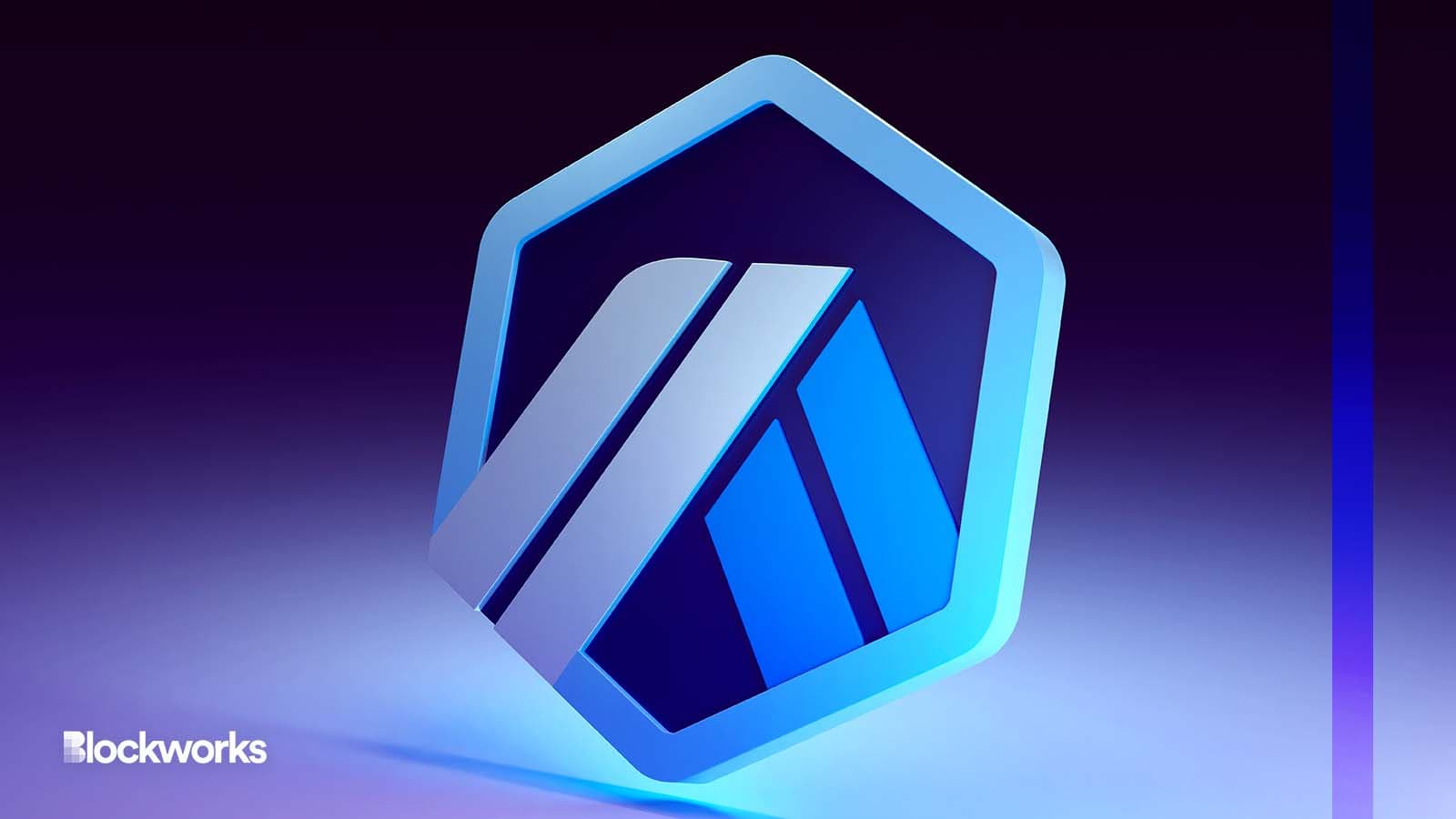Arbitrum Walks Back $1B Proposal — But It Already Used Some of It
The team admitted it could have made its intentions behind the governance vote clearer, and is now set to introduce new AIPs

CryptoFX/Shutterstock modified by Blockworks
Arbitrum is dealing with a governance crisis.
The Ethereum layer-2 scaling project, which recently ran an airdrop for a governance token, has retracted a sweeping proposal which would’ve netted the firm behind the project a 750 million ARB ($885 million) budget.
Voting on the Arbitrum Improvement Proposal (AIP-1) proposal began last week, when the funds were worth about $1 billion. The initial proposal was considered worryingly expansive, covering way too many topics.
Token holders — which together form a DAO intended to decide how the protocol is managed — were also concerned the foundation would have too much control over the funds in question.
Under the proposal, the ARB was meant to be transferred to an administrative budget wallet for special grants, reimbursements to service providers and covering administrative and operational costs.
But over the weekend, Arbitrum community members found out that the vote was only meant to ratify a decision that had already been taken.
- Nearly 750 million ARB ($885 million) has already been moved to a separate treasury without token holders approving AIP-1.
- 40 million ARB ($47.2 million) was allocated as a loan to a “sophisticated actor in the financial markets” space, per the foundation.
- 10 million ARB ($11.8 million) has been converted to fiat toward operational costs.
Blockchain data firm Nansen said the 40 million ARB sum had eventually been sent to multiple centralized exchanges. The 10 million ARB portion mostly ended up with market maker Wintermute.
(Disclosure: Blockworks Research, a business line independent of editorial, is an Arbitrum delegate.)
Blockworks Research also voted against the AIP framework, saying “our core concern lies within the 750M ARB tokens…that will seemingly be held under the control of the Arbitrum Foundation, with unknown wallet signers.”
“Too often we have seen funds go into a black box of expenses. It is time to make DAO transparency a priority,” the team added.
Arbitrum will return with another proposal soon
Arbitrum has now decided to follow the DAO’s advice and split the AIP into parts, allowing community members to vote on different subsections.
It also added that the decision to send 750 million ARB will be voted on in a separate AIP and the team is working on options to add more accountability, such as a four-year vesting period.
Further, the team said it would rename the Special Grants program to the “Ecosystem Development Fund,” and add more detail on how the funds will be used.
It acknowledged that it should have communicated the proposal better, and confirmed it had used some of the tokens to convert to stablecoins.
“The Foundation does not exist to sell tokens, only sold enough to fund its current operating expenses and has no near-term plans to sell more tokens,” it said. ARB’s price slumped 18% over the weekend.
The team expects to propose the new AIPs early this week.
Get the news in your inbox. Explore Blockworks newsletters:
- The Breakdown: Decoding crypto and the markets. Daily.
- 0xResearch: Alpha in your inbox. Think like an analyst.






